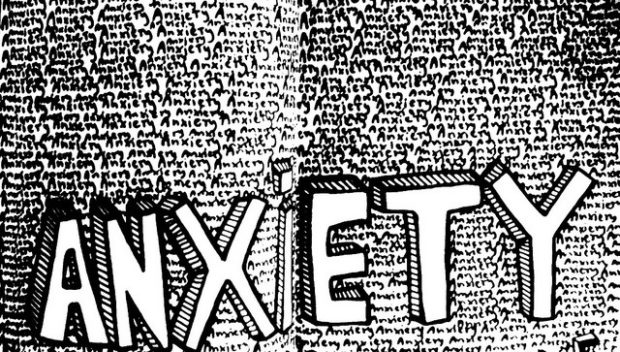A Step-By-Step Guide to Claiming Anxiety-Related Long Term Disability Benefits from Private Insurance

Anxiety disorders, often underestimated in their severity, can significantly impact a person’s ability to work and lead a normal life. Recognizing this challenge, many private insurance policies offer long-term disability benefits for those suffering from anxiety. However, navigating the claims process can be daunting. This guide aims to simplify this journey, offering a clear, step-by-step approach to claiming these crucial benefits.
Understanding Your Policy
Review Your Insurance Policy: Begin by thoroughly reviewing your private insurance policy. Understand the specific coverage provided for mental health conditions, including anxiety. Pay close attention to the definitions of disability, the waiting period, and any exclusions that may apply.
Gather Medical Documentation: Medical evidence is crucial. Compile all relevant medical records, including diagnosis, treatment plans, and notes from mental health professionals. This documentation should illustrate how your anxiety impairs your ability to work.
Preparing Your Claim
Consult with a Professional: Before submitting your claim, consult a lawyer specializing in disability claims. A statement from Disability Lawyers underscores the importance of legal advice: “Navigating the complexities of long-term disability claims for anxiety can be overwhelming. Professional guidance can make a significant difference in the outcome of your claim.”
Complete the Claim Forms: Fill out all required forms with accurate and detailed information. Be transparent about how anxiety affects your daily life and job performance. Ensure that your healthcare provider also completes their portion of the forms, providing their professional opinion on your condition.
Submitting Your Claim
Organize Your Submission: Assemble your claim packet with the completed forms, medical documentation, and any additional supporting materials. Double-check for completeness and accuracy.
Submit Your Claim: Send your claim to the insurance company via a method that confirms receipt, such as registered mail or electronic submission with a read receipt.
After Submission
Follow-up and Communication: After submitting, stay proactive. Keep a record of all communications with the insurance company. If they request additional information, provide it promptly.
Manage Rejections or Appeals: Review the reasons carefully if your claim is denied. You may need to appeal the decision, which could involve submitting additional evidence or clarifying existing information. Remember, persistence and attention to detail are key in this phase.
Additional Tips for a Successful Claim
Stay Informed and Patient: The process can be lengthy and require patience. Stay informed about the status of your claim and be prepared for a waiting period before a decision is made.
Maintain Your Mental Health Treatment: Continue with your prescribed treatment plan during the claims process. Ongoing treatment not only supports your health but also strengthens your claim by demonstrating a consistent effort to manage your anxiety.
Document Your Daily Challenges: Keep a detailed diary of how anxiety affects your daily life. This personal record can provide compelling evidence of the impact of your condition on your ability to work.
Be Prepared for an Independent Medical Examination (IME): The insurance company may request an IME to verify your condition. Approach this examination with honesty and ensure you articulate how your anxiety impacts your life and work.
Summary and Conclusion
Navigating the claims process for anxiety-related long-term disability benefits can seem overwhelming, but with thorough preparation and understanding, it is manageable. Start by comprehensively reviewing your insurance policy and gathering all necessary medical documentation. Consulting with professionals, such as specialized lawyers, can provide invaluable assistance. When completing and submitting your claim, be detailed and precise and maintain open communication with your insurance provider. If faced with a denial, be prepared to appeal with additional information. Remember, your proactive approach and persistence are crucial in securing the benefits you need and deserve.
is not just about financial support; it’s about acknowledging mental health challenges and advocating for your well-being. With the right steps and guidance, you can navigate this journey effectively and secure the support necessary for your path to recovery and stability.

